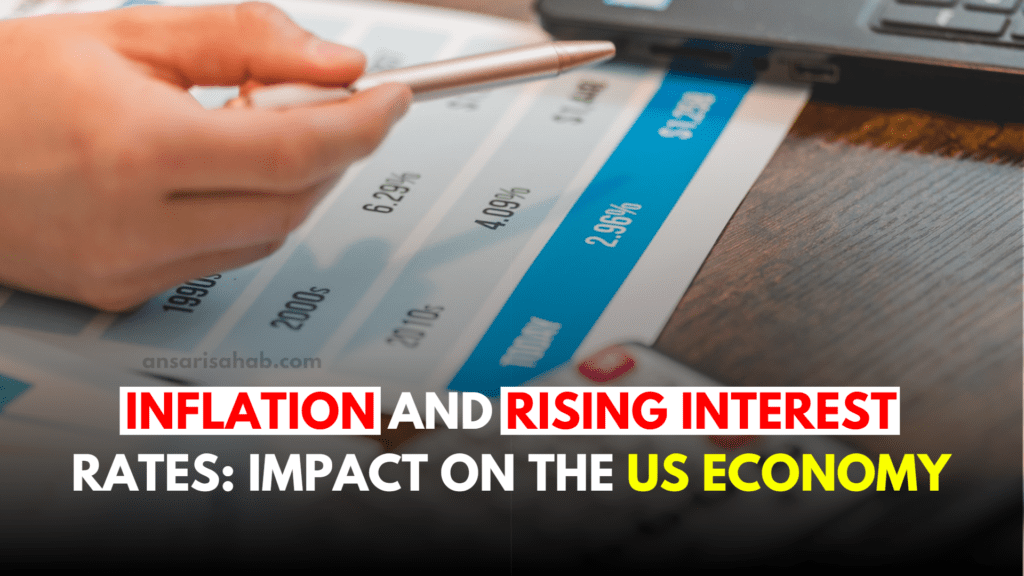India’s Goods and Services Tax (GST) underwent a significant overhaul in September 2025, aiming to simplify the tax structure and provide relief to consumers. The most notable change is the introduction of a 0% GST rate on various essential goods and services. This move is expected to reduce living costs and make essential items more accessible to the public.
Key Categories Now Exempt from GST
The GST Council’s decision to implement a 0% tax rate on certain categories marks a pivotal shift in the tax landscape. The following sectors and items are now exempt:
1. Essential Food Items
To alleviate the financial burden on households, several staple food items have been moved to the 0% GST bracket:
- Milk
- Paneer (unbranded)
- Unbranded Atta, Maida, and Besan
- Eggs
- Salt
- Fresh Vegetables
- Unbranded Natural Honey
- Unbranded Jaggery
This exemption aims to make daily nutrition more affordable for the average consumer.
2. Healthcare Services
Medical expenses have been a significant concern for many. Under the new reforms, healthcare services are exempt from GST, including:
- Hospital and clinical services
- Medical diagnostics and treatments
- Medicines and medical devices (with some exceptions)
However, it’s important to note that while healthcare services are exempt, most medical devices still attract a 5% GST.
3. Education Supplies
To support the education sector, the following items have been exempted from GST:
- Paper and stationery used in educational institutions
- Books and other learning materials
This move is expected to reduce the cost of education-related supplies for students and institutions alike.
4. Insurance Premiums
Recognizing the importance of financial security, all individual life and health insurance policies have been exempted from GST. This includes term plans, ULIPs, endowment plans, and both individual and family floater health policies. This exemption aims to make insurance more accessible to the general populace.
5. Defense and Aviation Imports
Strategic sectors like defense and aviation have also benefited from the reforms. Certain imports in these sectors are now exempt from GST, potentially reducing costs for defense procurement and aviation operations.
Broader Implications of the GST Reforms
The introduction of a 0% GST rate on essential goods and services is part of a broader effort to simplify the tax structure. Previously, India had a multi-tiered GST system with rates of 5%, 12%, 18%, and 28%. The new system consolidates these into two primary slabs: 5% and 18%. This simplification aims to reduce compliance burdens for businesses and enhance transparency in the tax system.
Economists view these reforms as a positive step towards boosting domestic demand and supporting economic growth. Radhika Rao, Senior Economist at DBS Bank, noted that lower GST rates would be positive for growth in the second half of the year and FY27, besides improving operational efficiency and expanding the size of the formal economy.
FAQs
A1: Essential items such as milk, eggs, unbranded food grains, healthcare services, education supplies, and individual life and health insurance premiums are now exempt from GST.
A2: No, while healthcare services are exempt, most medical devices still attract a 5% GST.
A3: The new GST rates and exemptions are set to come into effect on September 22, 2025.
Sources:
Clear Tax
India Today
Reuters









